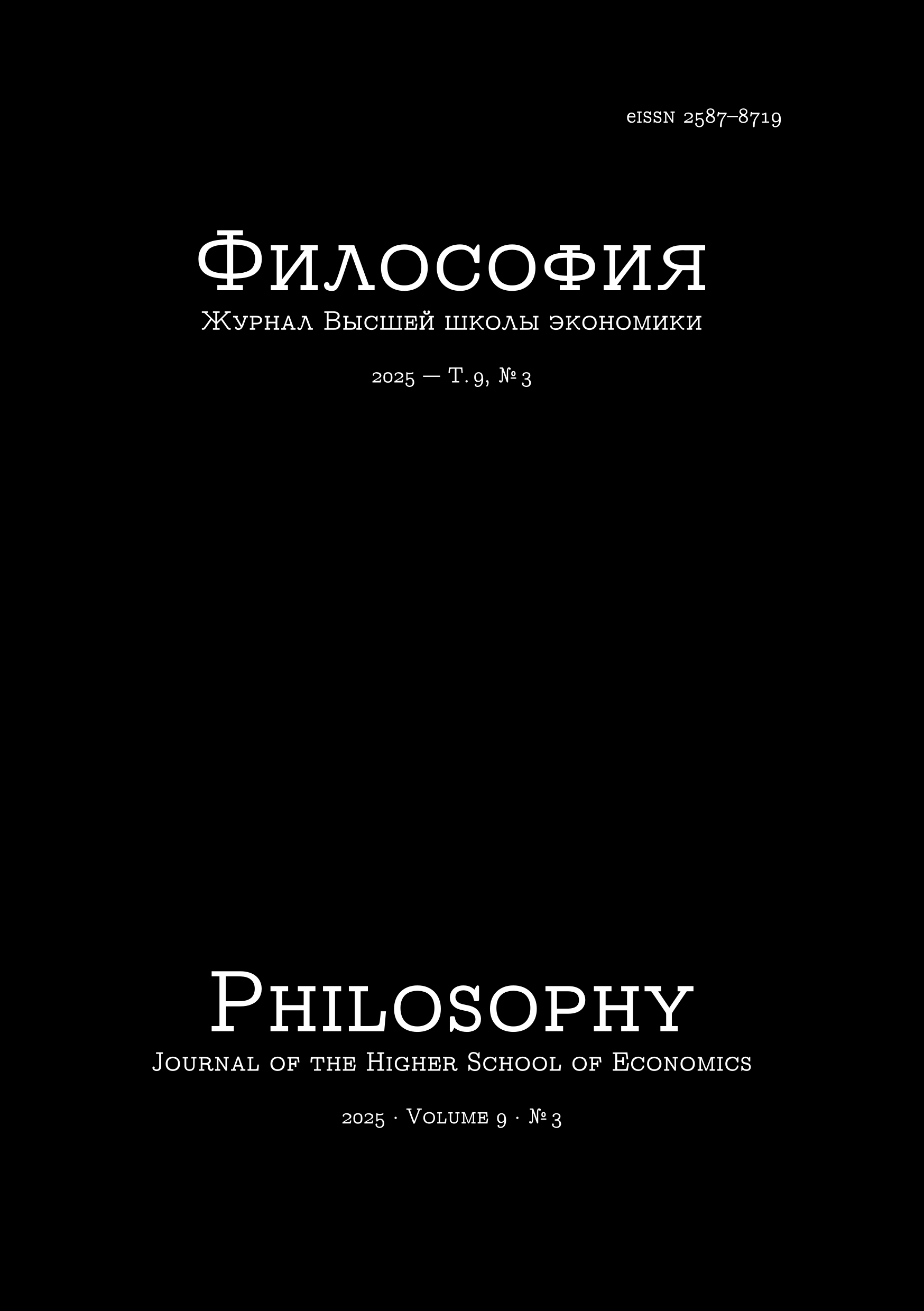Rational Belief Revision
Cognitive Approach
Abstract
The article analyzes the concept of rational belief change, or revision, in the context of persuasive communication. The standard idea of rationality as following the rules of formal logic results in such idealized criteria of rational belief revision that achieving them proves impossible due to limited human cognitive abilities. Therefore, the criteria of rationality based on the requirements of formal logic cannot serve as a source of prescriptive norms of rational belief revision. Approaches within the bounded rationality paradigm attempt to take into account these cognitive limitations in order to create prescriptive norms that could in principle be achieved by participants in persuasive communication. Such limitations usually include limited memory and computational abilities. However, as many studies in cognitive science show, in most cases of real-life uses of reasoning, the cause of erroneous beliefs and suboptimal decision-making is not the mentioned above limitations, but rather certain characteristics of cognitive mechanisms usually associated with processes that are referred to as type 1 processes (system 1) in dual process theories. The article substantiates the need to supplement prescriptive norms of rational belief revision taking into account these characteristics so that these norms are not only satisfiable in principle, but also achievable in practice. Specific ways of supplementing these norms are suggested.
Downloads
Copyright (c) 2025 Philosophy Journal of the Higher School of Economics

This work is licensed under a Creative Commons Attribution-NonCommercial 4.0 International License.






